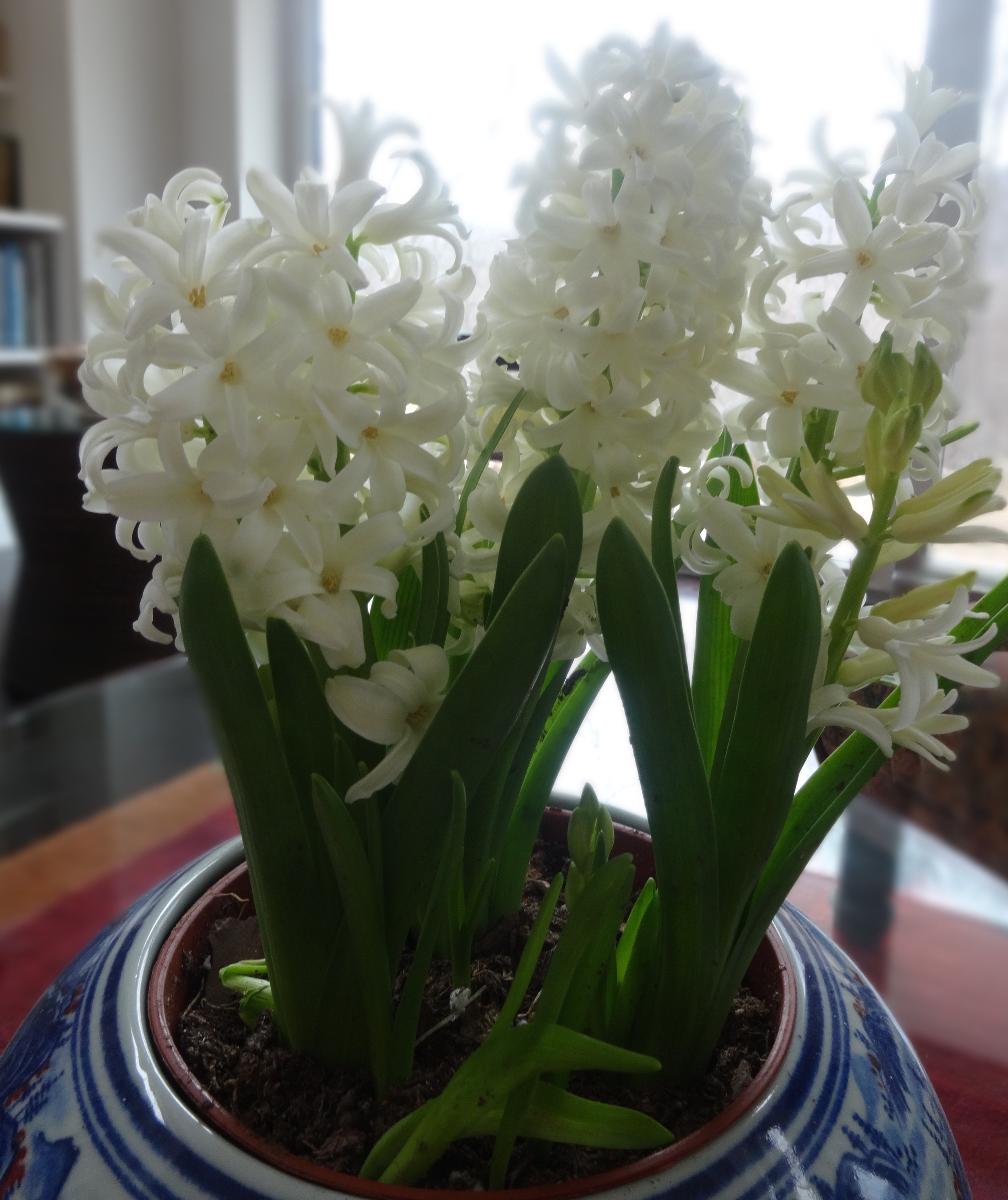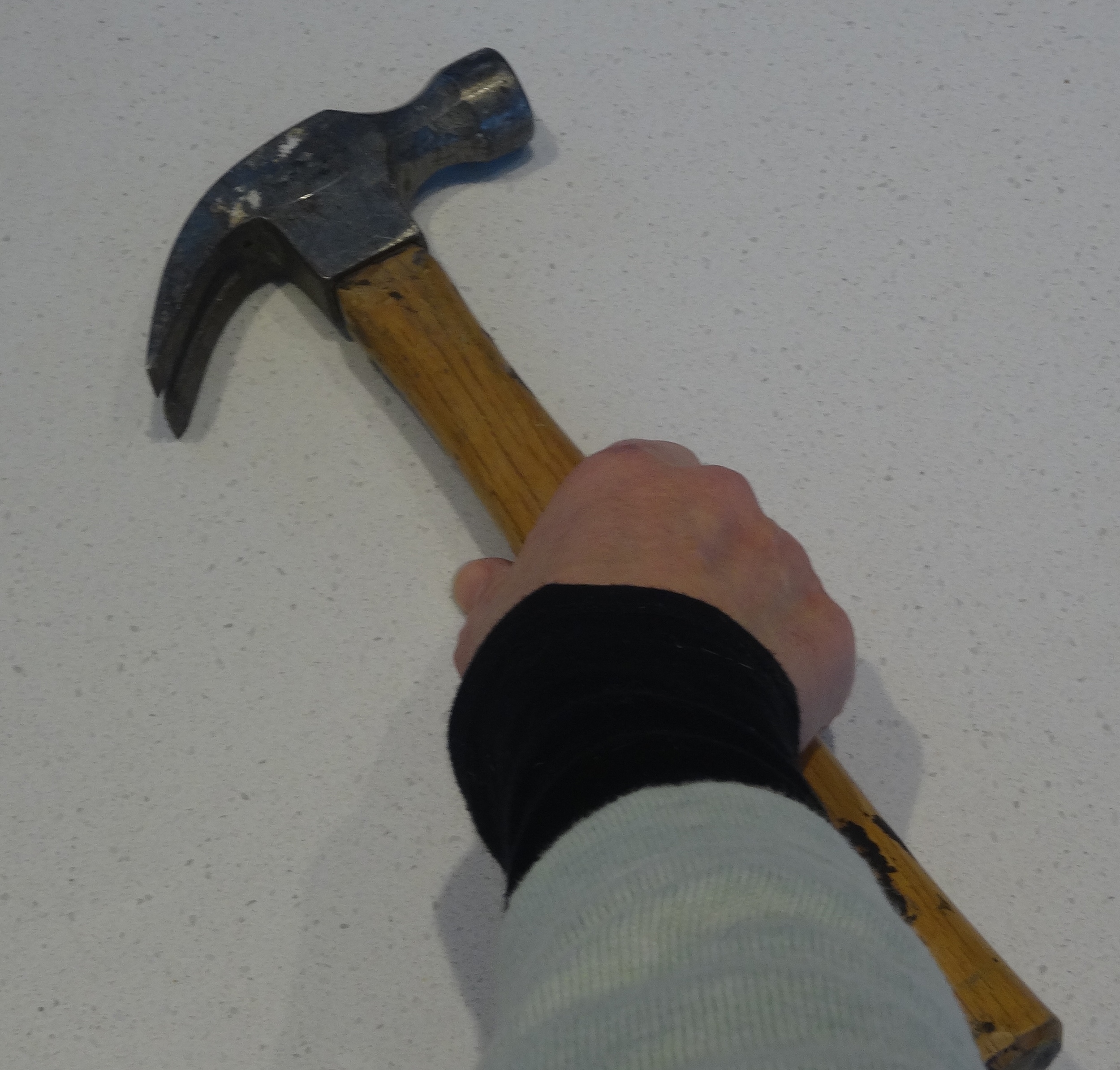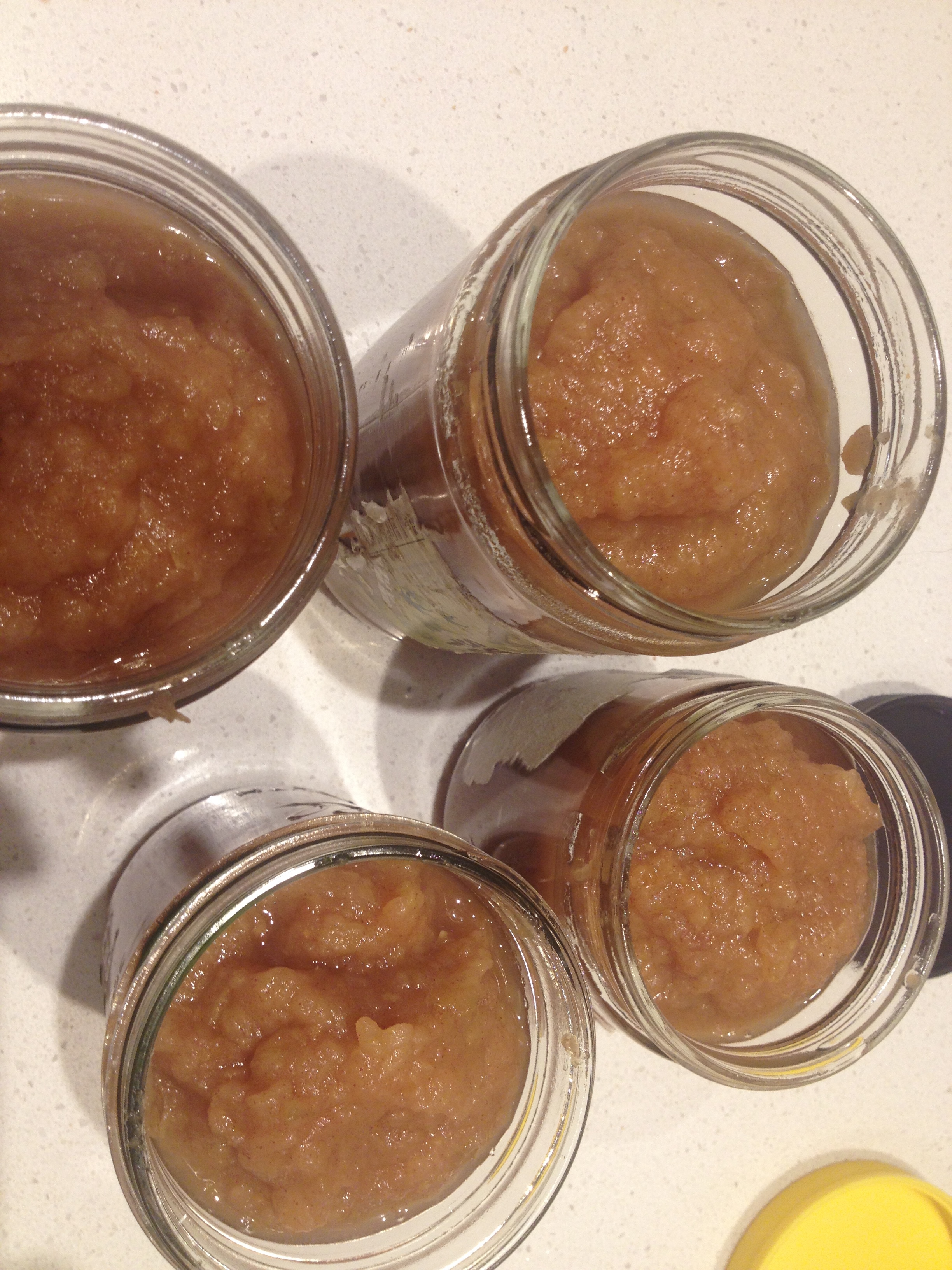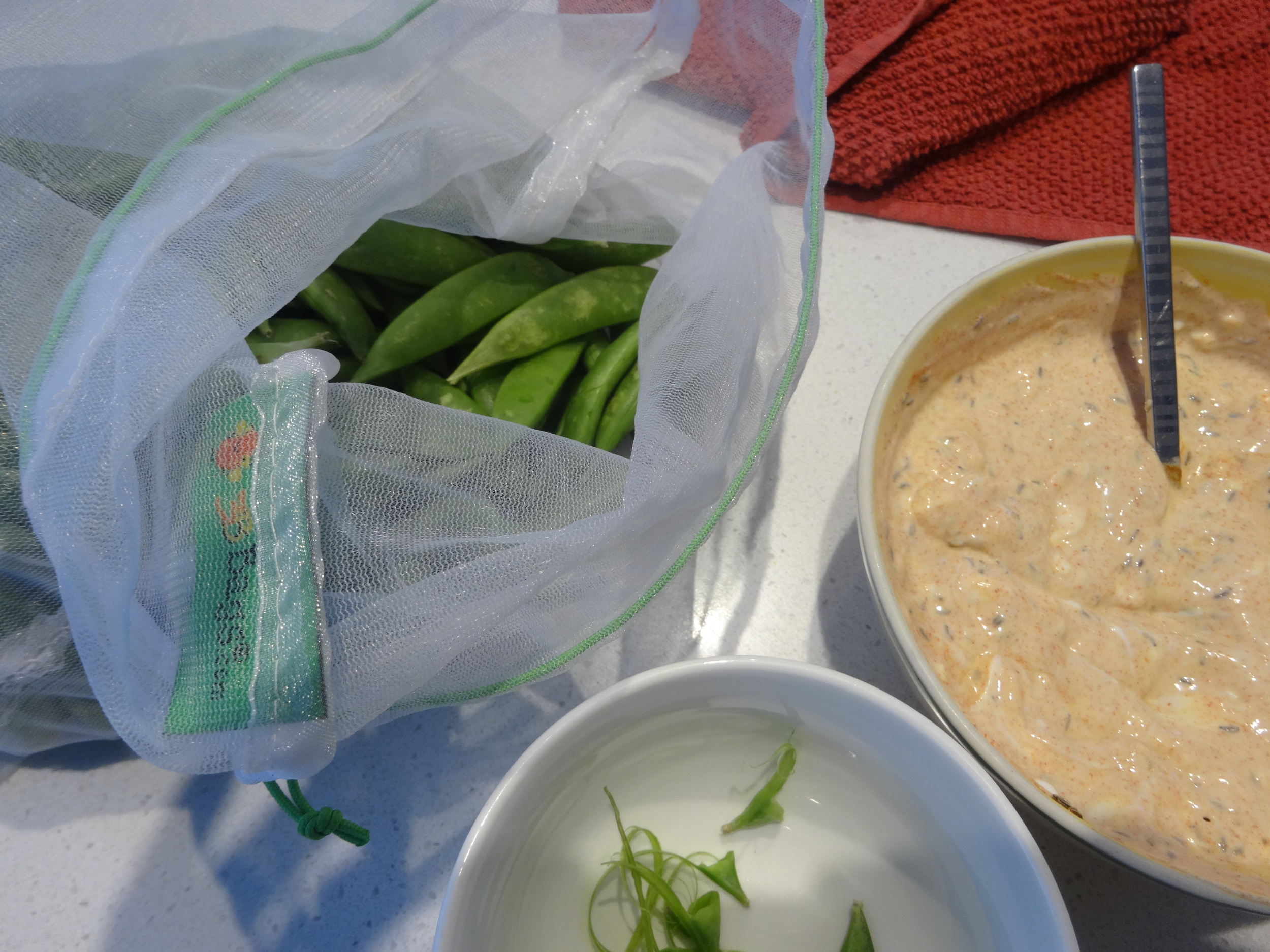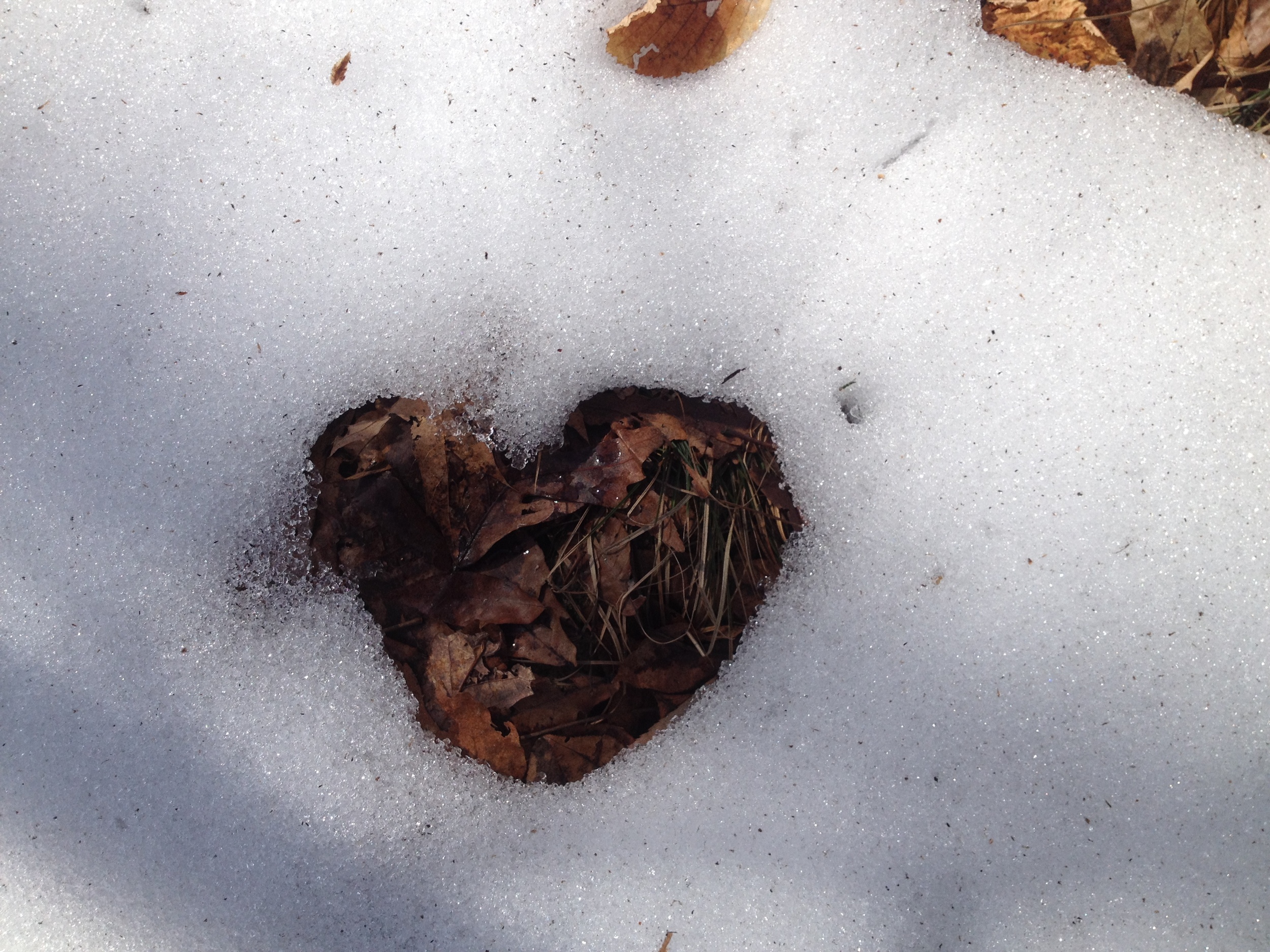Deep anything is about doing whatever you are doing more thoughtfully, more mindfully, focused on the task, not thinking about the past nor the future. You can practice Deep Living, Deep Speaking, Deep Playing or Deep Walking. It's like a doing meditation or a mindfulness practice. Deep Listening is listening to your partner with an ear to her story, her needs, her feelings. When you listen to someone deeply you hear where they come from, you open your heart to them, you respond to their needs. Here an example of listening and responding shallowly: You: "I just twisted my ankle." Me: "Oh no. You know, that happened to me last winter, and I went to the doctor, and the doctor....blablabla." In this case I am not tuning into what you just said, instead following my own narrative. This is Shallow Listening, something we all do all the time.
Here an attempt at listening and responding deeply: You: "I just twisted my ankle." Me: "Oh no, that must have hurt. What happened? (pause to let you respond) Is there anything I can do for you?"
The difference is a shift from the me perspective to the we perspective. Deep Listening tunes 100% into your partner. It really deepens relationships.


